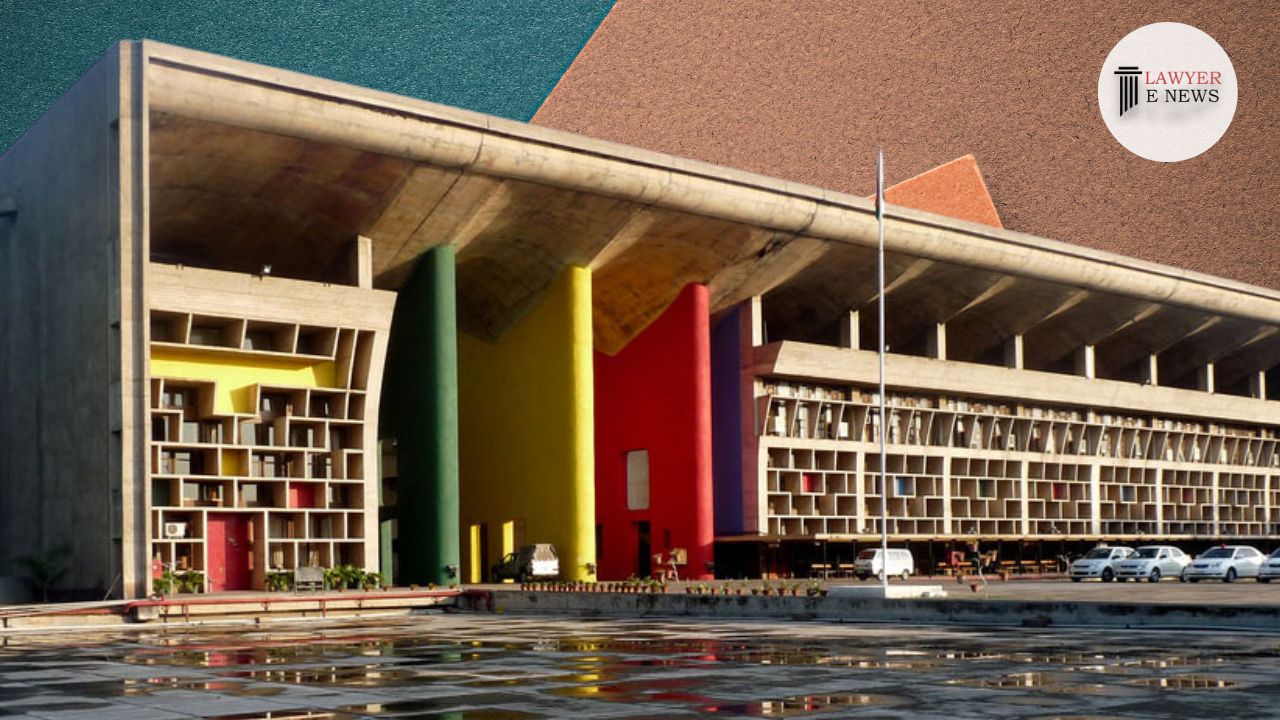-
by Admin
19 February 2026 3:14 PM



In a recent decision on October 12, 2023, the Punjab-Haryana High Court granted bail to the petitioner in a case under the Narcotic Drugs and Psychotropic Substances Act, 1985 (NDPS Act). The judgment underscored that the petitioner's release on bail posed no threat to society at large.
The petitioner, Ajay Pal, had sought his release as an undertrial in a case with FIR No.110 dated July 18, 2021, registered under Sections 15(C) of the NDPS Act in Garhshankar, Hoshiarpur.
1. Non-Violent Nature of the Offense: The offense allegedly committed by the petitioner was deemed non-violent, and there was no perceived risk to society in terms of committing violent crimes.
2. Reasonable Doubt About Guilt: The judgment noted that there appeared to be a reasonable ground to believe that the petitioner might not be guilty of the alleged offense.
3. Responsibility and Family Ties: The petitioner was described as a responsible family man with a fixed abode, making it unlikely that he would pose a flight risk or evade trial proceedings.
4.Lack of Evidence and No Custodial Requirement: The Court acknowledged that there was no substantial evidence against the petitioner, and he was no longer required for custodial interrogation.
5. Limited Observations: The Court emphasized that its observations were solely for the bail hearing purposes and should not influence the merits of the case.
The decision to grant bail to Ajay Pal came after the trial court had denied him bail initially. The Court took into consideration the petitioner's arguments that he had no substantial connection to the alleged offense and that the FIR might have been fabricated.
While the State had opposed the bail application, expressing concerns about the petitioner fleeing trial proceedings, the Court's decision was based on the belief that no useful purpose would be served by keeping the petitioner in further preventive custody.
Ajay Pal was ordered to be released on bail, pending his furnishing of bail bonds and surety bonds to the satisfaction of the learned trial Court. However, the prosecution retained the right to seek the cancellation of his bail if he got involved in any offense while on bail.
This judgment highlights the importance of considering individual circumstances, evidence, and the nature of the alleged offense when deciding on bail applications, with a focus on protecting personal liberty while ensuring that justice is served.
Date of Decision: October 12, 2023
Ajay Pal vs State of Punjab
